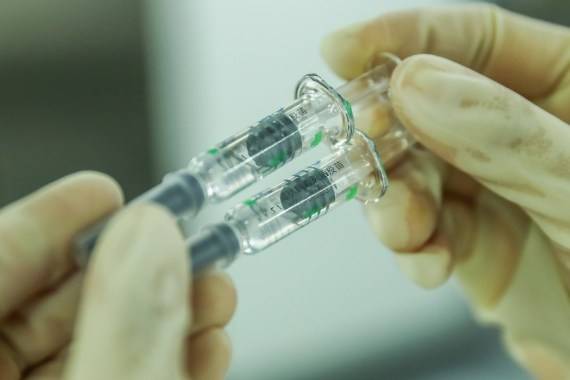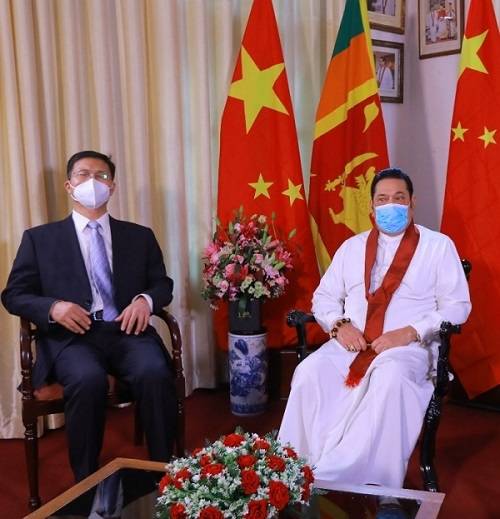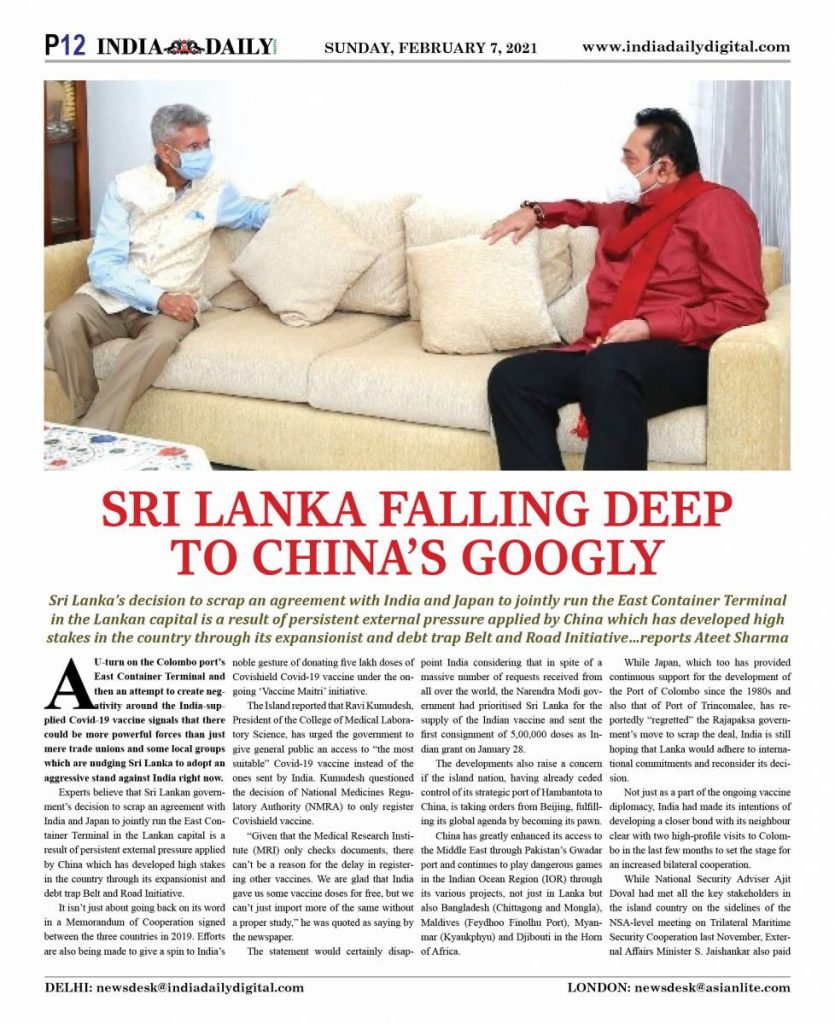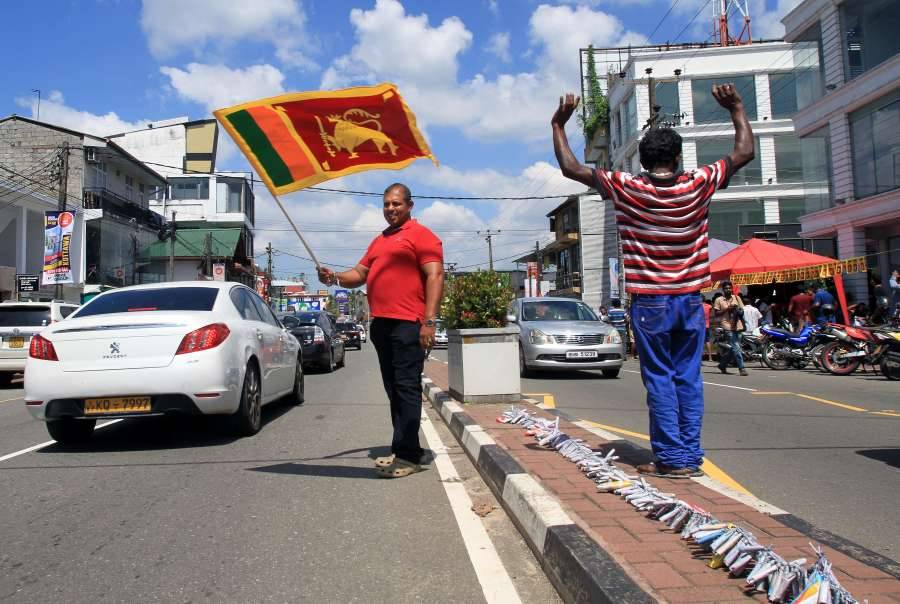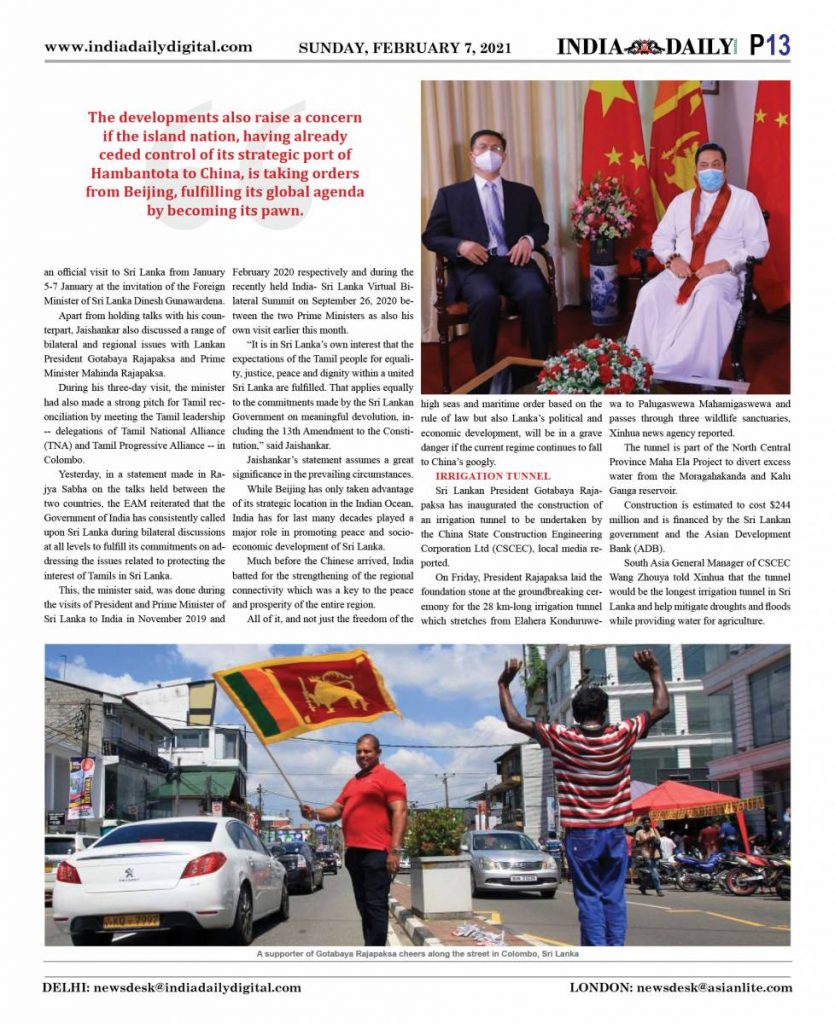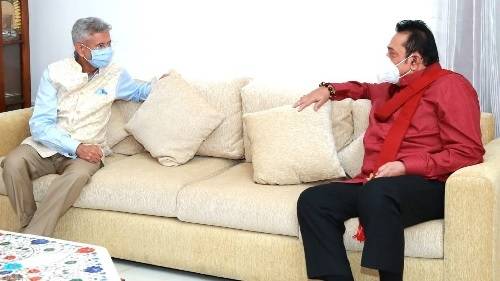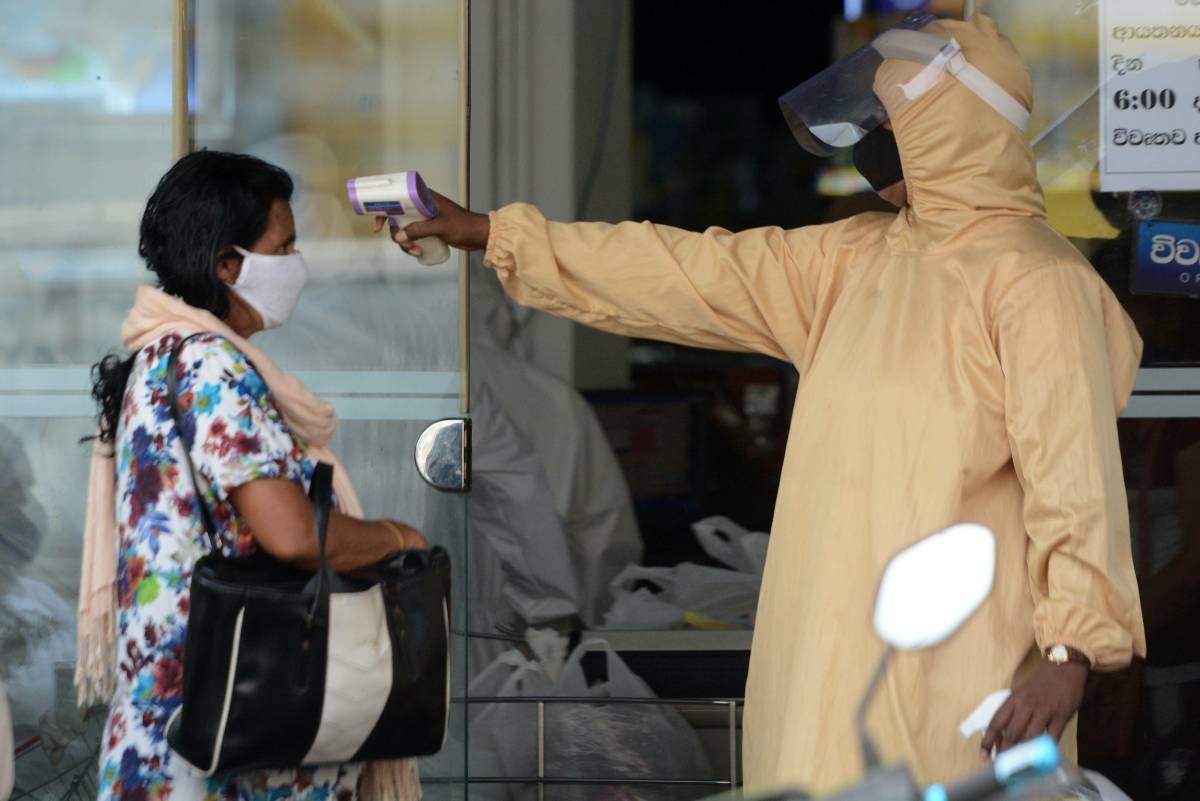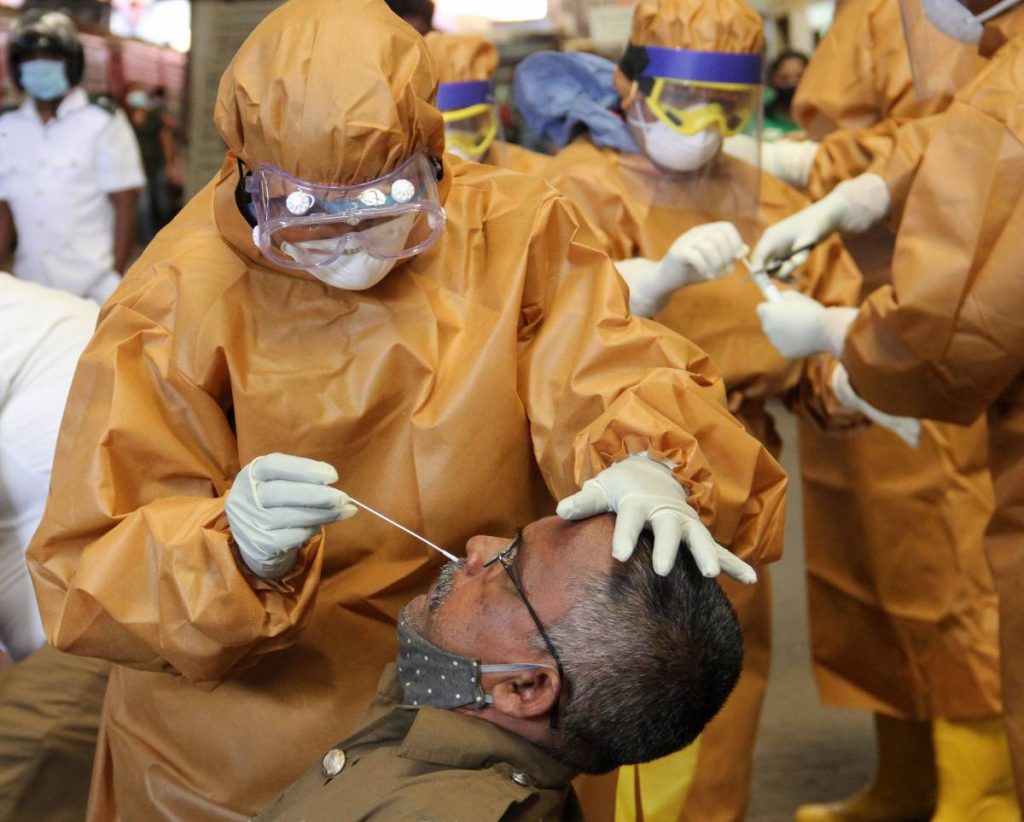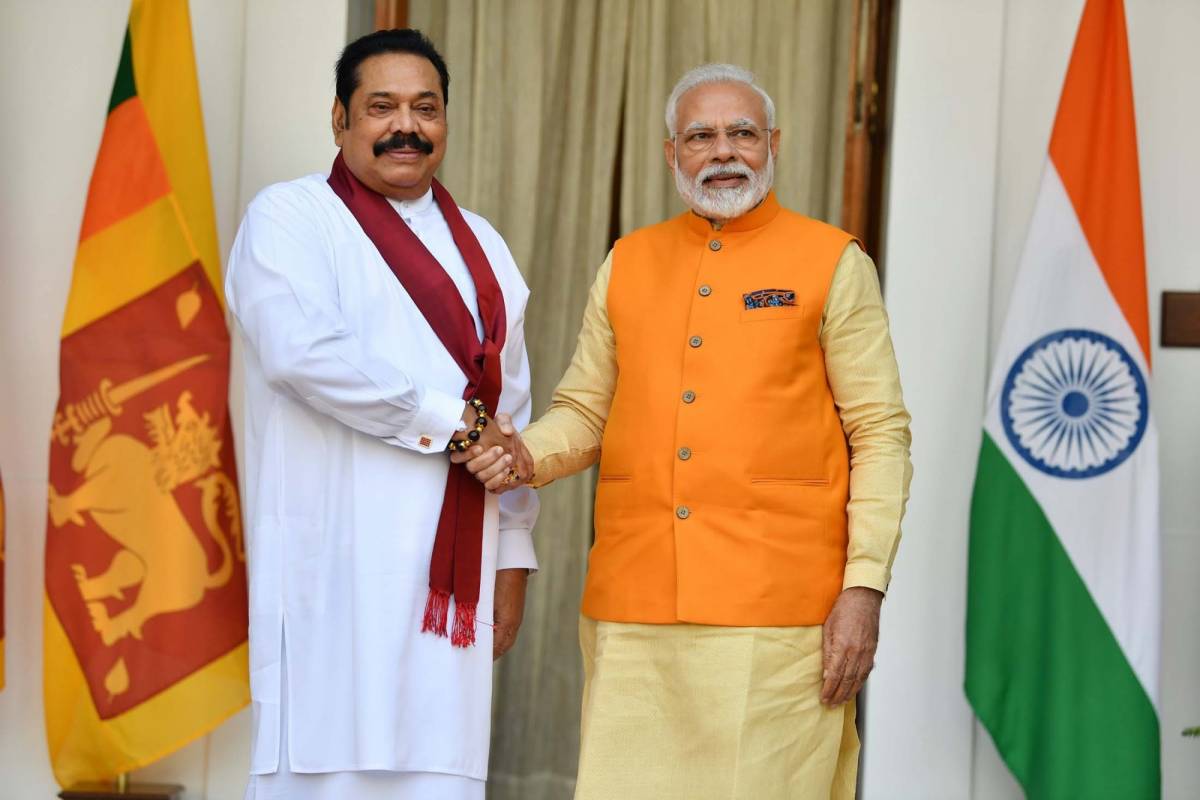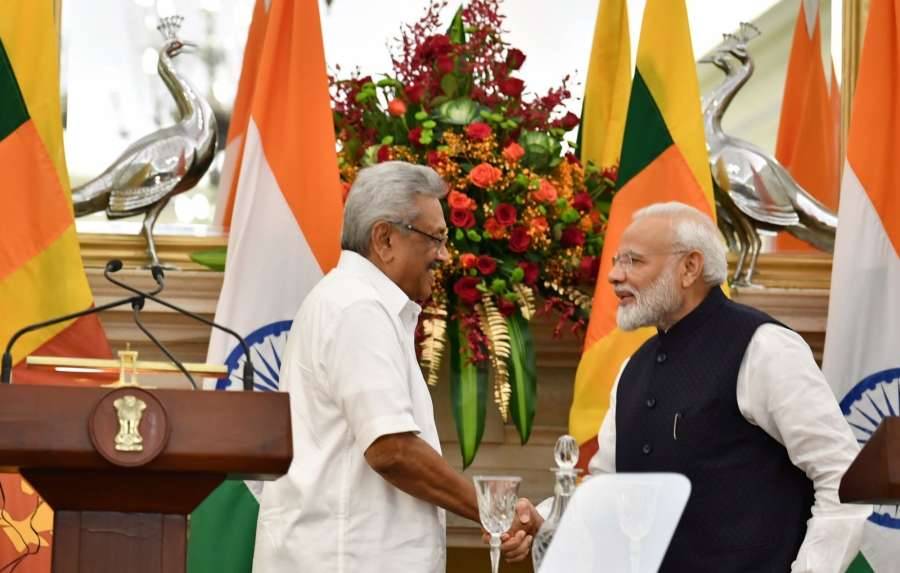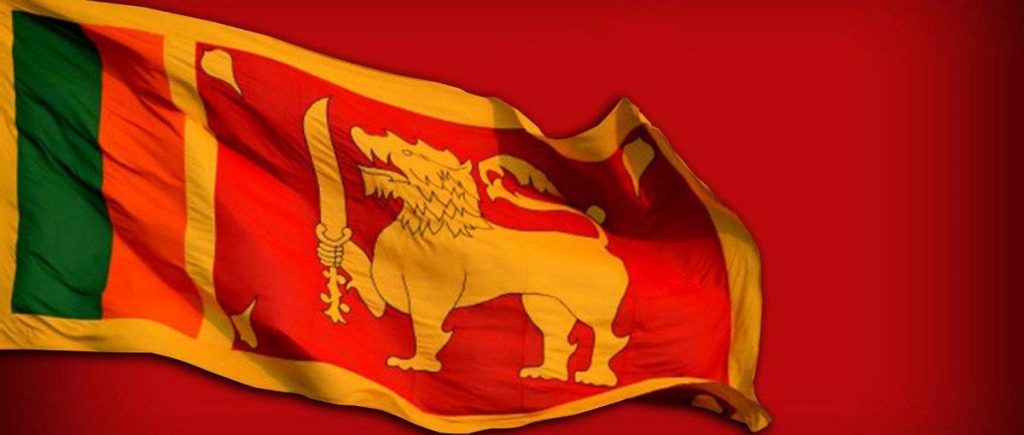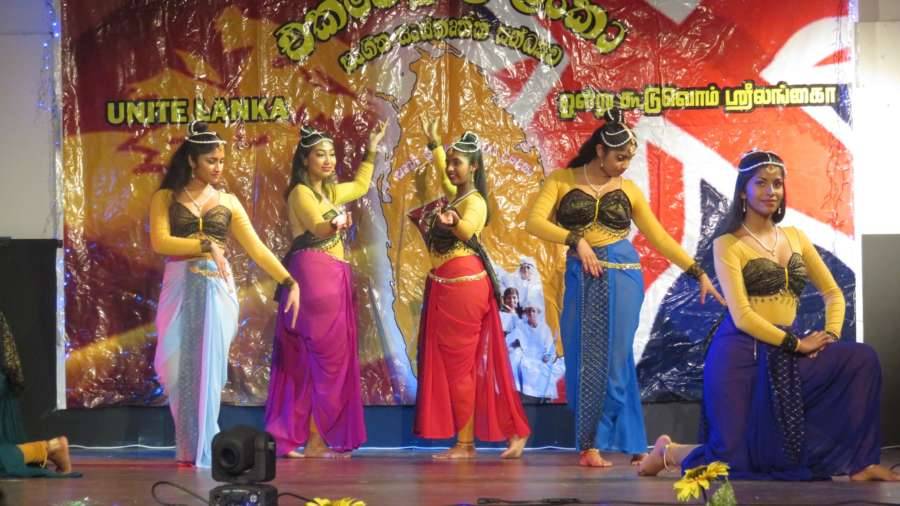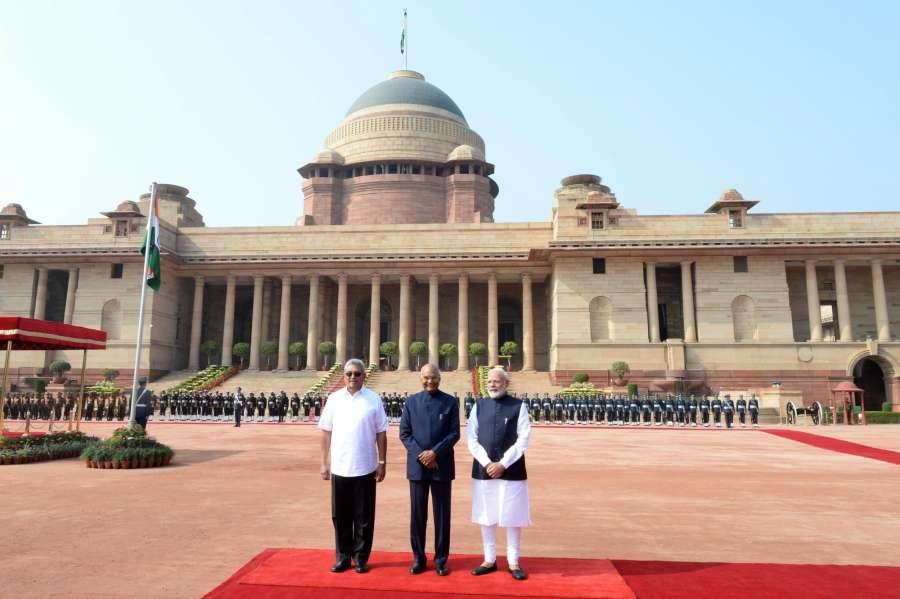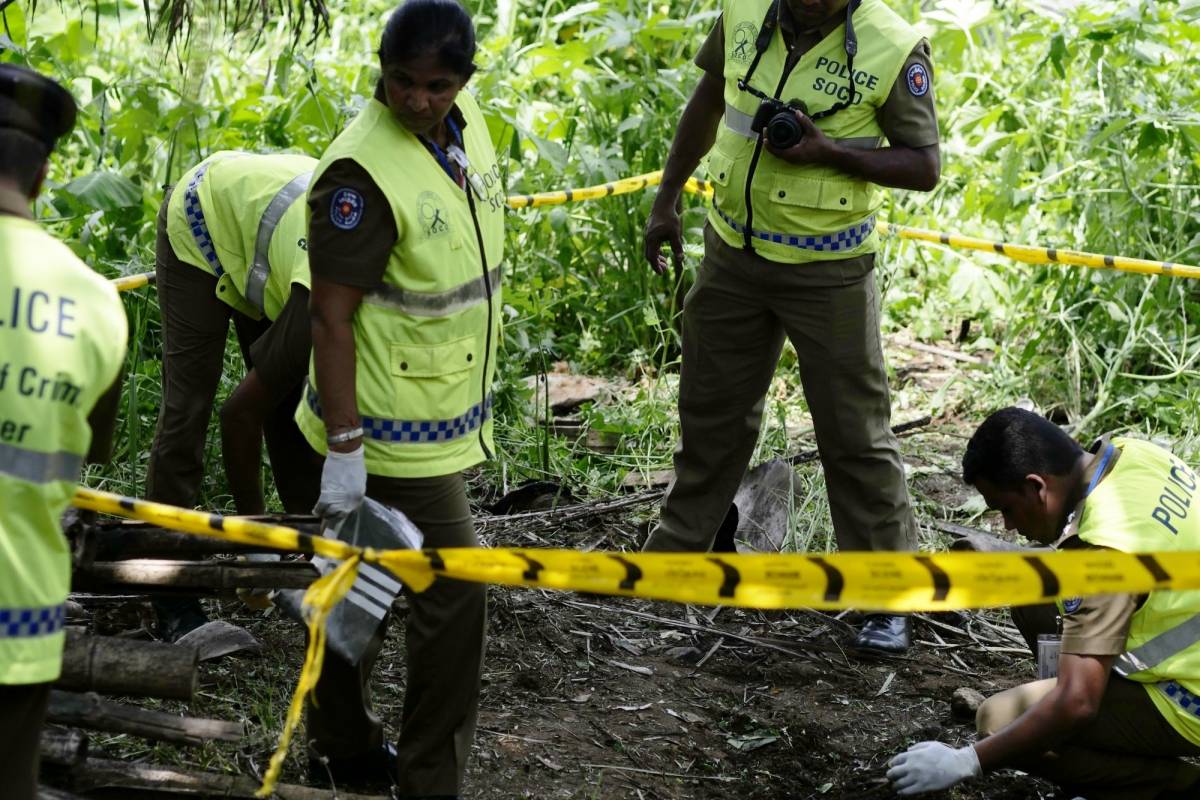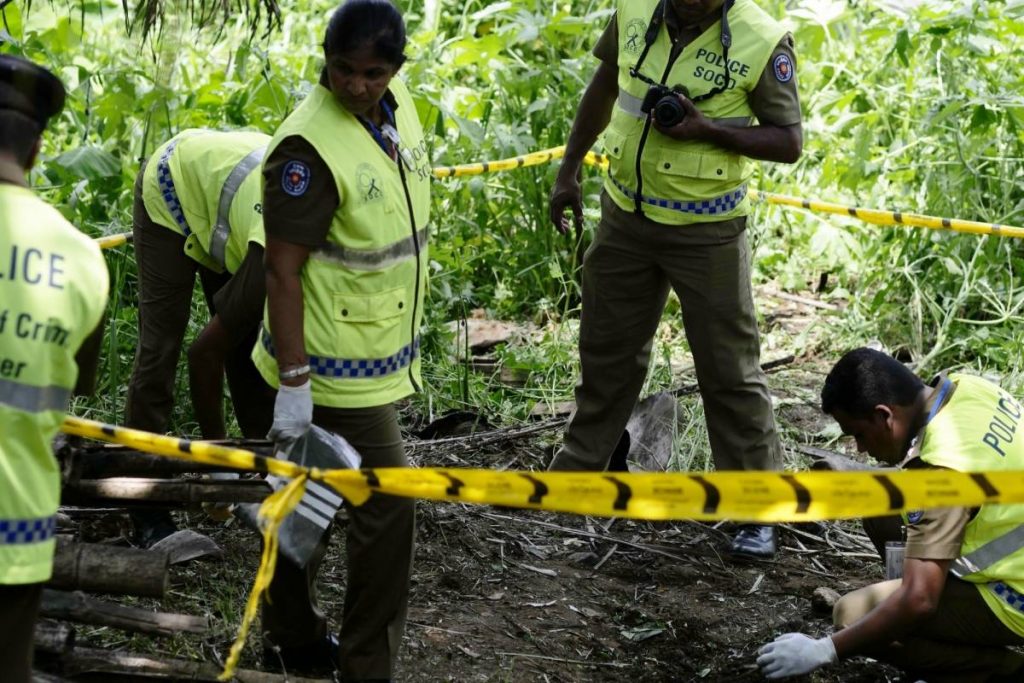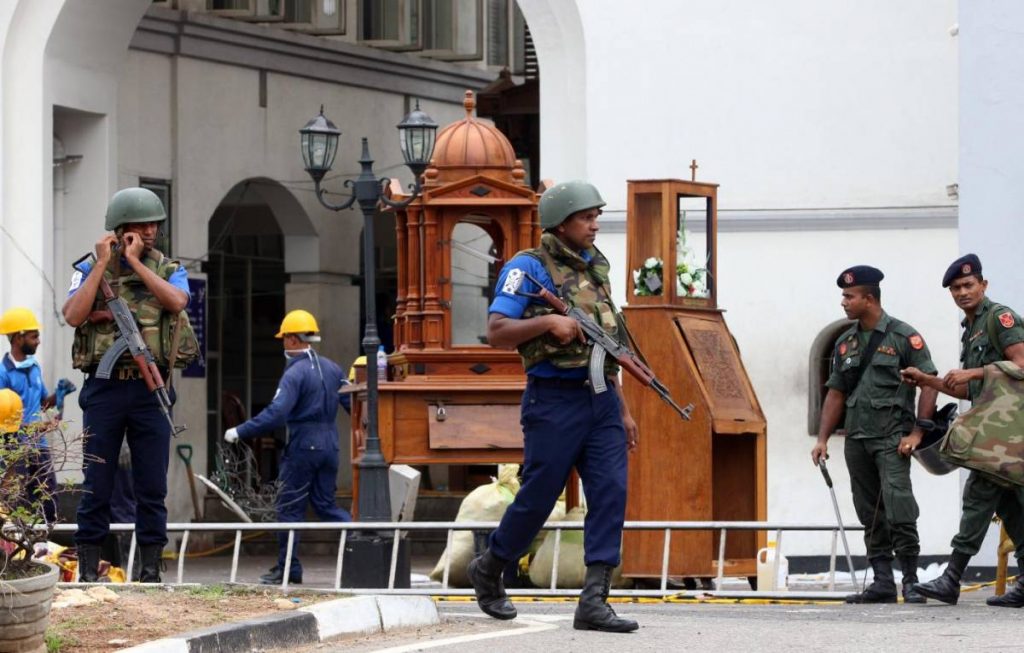Sri Lanka began vaccinating its frontline workers late last month after receiving 50,000 free Oxford-AstraZeneca-Covishield vaccines from India….reports Asian Lite News
The general public in Sri Lanka will get coronavirus vaccinations from the first week of March, State Minister of Primary Health Care Sudarshini Fernandopulle on has said. The vaccination drive will be starting with people above the age of 60 years.
Sri Lanka began vaccinating its frontline workers late last month after receiving 50,000 free Oxford-AstraZeneca-Covishield vaccines from India.
Sri Lanka has so far recorded and over 69,000 Covid-19 cases and 356 deaths.
Fernandopulle said the general public will be inoculated against the disease from next month. She said the drive will start with people over the age of 60 years and people in the workforce aged between 30 and 60 years.
As of now, 1,60,000 frontline workers, including police and military personnel, have been vaccinated so far, Fernandopulle said.
Apart from the vaccine gift from India, a consignment of vaccines would arrive in the island in early March through the COVAX international initiative. Sri Lanka will also import another 3 million vaccine doses from India.
The government also announced that 4,000 vaccination centres would be set up throughout the country as part of the nationwide inoculation drive. Of these, 2,000 will be operated daily where 300 people could be vaccinated everyday, according to reports.
Also read:Mass rallies continue in Myanmar despite ban on gatherings

